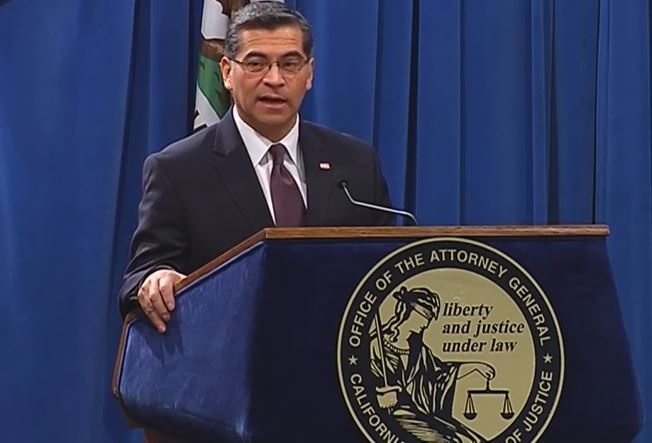California Attorney General Xavier Becerra condemned the Trump Administration’s final new rule allowing prolonged detention of migrant children and families who crossed the border into United States.
The U.S. Department of Homeland Security (DHS) and the Department of Health and Humans Services (HHS) announced the final rule on Wednesday. Both departments will start implementing it after days.
DHS Acting Secretary Kevin McAleenan explained that the final rule is essential to address the crisis at the border. It has “two core principles—families should remain together during immigration proceedings and conditions for care of children must be appropriate.”
However, Becerra believes the final rule circumvents the Flores Settlement Agreement, which guarantees critical protections for children in immigration custody. The final rule will also “cause irreparable harm” to the children and their families as well as to California communities that accept them upon release from detention.
In a statement, Becerra said, “Children don’t become subhuman because they are migrants. All children are God’s children, our children, and America should never treat them otherwise. Yet, the Trump Administration is about to take America down that dark road stripping protections that spare children from the trauma and harm caused by unlawful, cruel, and prolonged detention. We are prepared to defend the human rights of children and the values and integrity of the United States of America.”
Coalition of 18 Attorney Generals opposed the final rule
In November last year, he led a coalition of 18 Attorneys General opposing the final rule. In their comment letter, Becerra and his colleagues
- Noted how the proposed rule removes important protections guaranteed by the Flores Settlement Agreement, including the presumption that all children are eligible for release into the community;
- Described constitutional due process concerns with the prolonged detention of children;
- Cited evidence to rebut the Administration’s claim that detention is a deterrent to immigration;
- Highlighted how the rule undermines state licensing of children’s residential placements, which is a fundamental police power traditionally reserved to the states; and
- Discussed the severe and lasting harm children suffer when subjected to detention.






